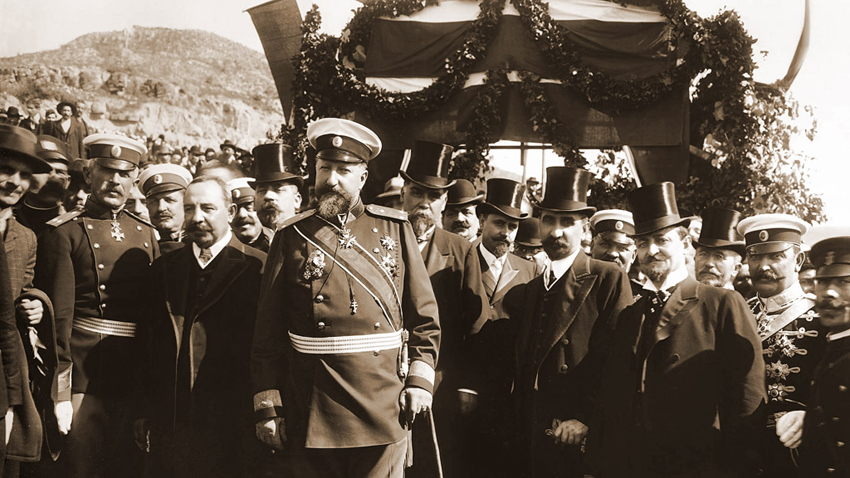 People used to call September 22 “The Tsar’s Holiday”, as that was the date back in 1908 when then Prince Ferdinand read the historical manifest to the people, officially proclaiming the overthrowing of the vassal dependence on the Ottoman Empire. Thus one of the oldest European states was back on the map after 5 centuries of Ottoman rule. At the same time this great success belonged not only to Ferdinand, but was also an enormous victory of our young diplomacy. The latter played skillfully amidst newly emerged circumstances in terms of foreign policy and the will of the countries to avoid a new military conflict in the Balkans. So, the Sublime Porte had to recognize its independence only a year later, followed by the major European states in the course of the next 10 days.
People used to call September 22 “The Tsar’s Holiday”, as that was the date back in 1908 when then Prince Ferdinand read the historical manifest to the people, officially proclaiming the overthrowing of the vassal dependence on the Ottoman Empire. Thus one of the oldest European states was back on the map after 5 centuries of Ottoman rule. At the same time this great success belonged not only to Ferdinand, but was also an enormous victory of our young diplomacy. The latter played skillfully amidst newly emerged circumstances in terms of foreign policy and the will of the countries to avoid a new military conflict in the Balkans. So, the Sublime Porte had to recognize its independence only a year later, followed by the major European states in the course of the next 10 days.
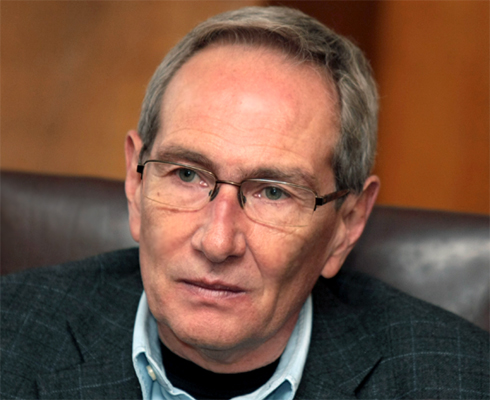 Today, on the eve of the 109th anniversary of this remarkable event we discuss it with representatives of Sofia’s academic circles, such as Associate Prof. Todor Popnedelev from Sofia University St. Kliment Ohridski:
Today, on the eve of the 109th anniversary of this remarkable event we discuss it with representatives of Sofia’s academic circles, such as Associate Prof. Todor Popnedelev from Sofia University St. Kliment Ohridski:
“There are many reasons for not feeling the Independence with our heart, soul and skin. The post-1944 education in this country taught that the 22 September 1908 act was an action of one part of the political elite. Even in previous times historians used to claim that on this date the Bulgarian bourgeoisie began a series of chauvinistic wars. This is quite radical, but this thought has been on the mind of generations of Bulgarians who never deepened their knowledge of history. In fact it was an important action, the final of a series of actions, related to the Bulgarian Renaissance, Liberation and the 1885 Unification. The Bulgarians used to have institutions long before they had their state – the 1870 Exarchate, the 1869 Bulgarian Literature Society – the initial version of today’s Bulgarian Academy of Sciences… To say nothing of the numerous schools, unveiled at many spots. That was all an expression of the pursuit for freedom and the spirituality of the people. The Independence Day was the culmination of this entire process of ideas.”
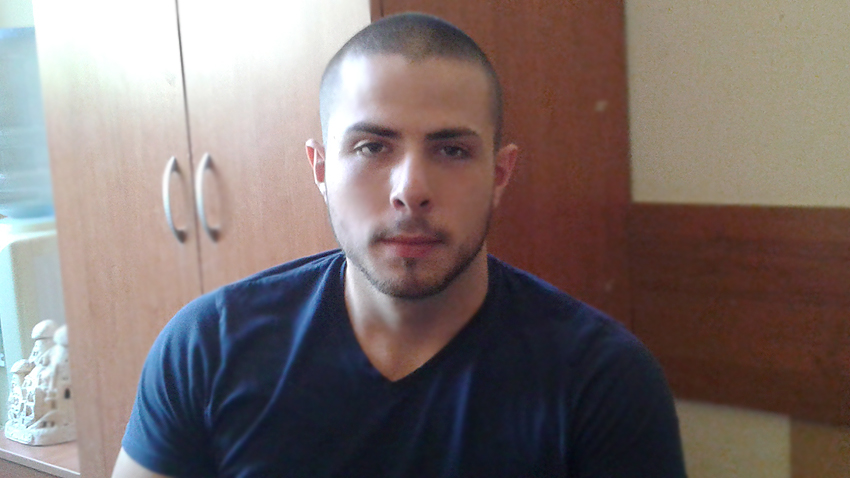 Daniel Dinev is a student at the Architecture University. He says he doesn’t feel independent as a person and that he sees independence as a category of history and politics.
Daniel Dinev is a student at the Architecture University. He says he doesn’t feel independent as a person and that he sees independence as a category of history and politics.
“I depend on the rules of this state and the university in terms of finances. It means that we comply with the decisions of those in charge above us. Despite our efforts we don’t have a lot of rights and opportunities to change anything. We depend on the lack of punishment for many irregularities that we have to comply with. The system of justice doesn’t work well and a person depends on someone’s subjective interests and decisions.”
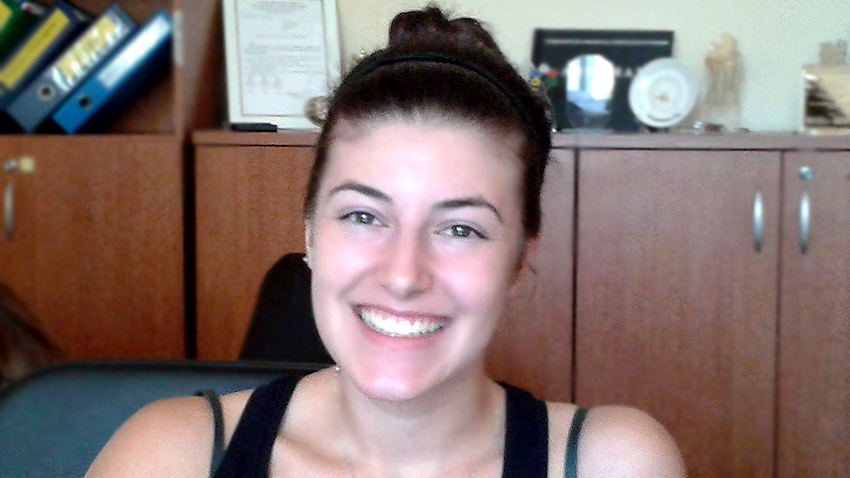 Gabriela Ivanova is a 4th year student and in her opinion one’s individual qualities produce independence. “We put up with circumstances while studying,” she says, but adds that in her opinion obstacles develop your personality and lift the spirit higher. According to Gabriela being independent means that you create the new world, but don’t follow old models, although innovators usually pay a high price for their independence.”
Gabriela Ivanova is a 4th year student and in her opinion one’s individual qualities produce independence. “We put up with circumstances while studying,” she says, but adds that in her opinion obstacles develop your personality and lift the spirit higher. According to Gabriela being independent means that you create the new world, but don’t follow old models, although innovators usually pay a high price for their independence.”
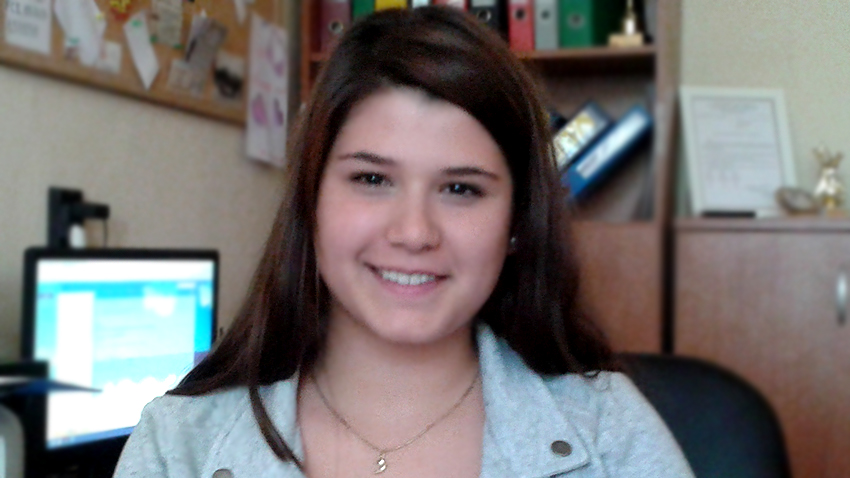 “Independence should become the basic value of young people in Bulgaria,” says Ani Diklyovska, a student from the town of Stara Zagora:
“Independence should become the basic value of young people in Bulgaria,” says Ani Diklyovska, a student from the town of Stara Zagora:
“This means more faith in your own capabilities, also to know your rights and defend them. The state has to provide more opportunities to young students to work, in order for the latter to be able to take care of themselves and to feel more free.”
English version: Zhivko Stanchev
A Bulgarian-designed electric vessel has gained international recognition , reaching the final round of the prestigious Gussies Electric Boat Awards 2025 . The awards celebrate the world’s most innovative and sustainable electric boats and yachts,..
A case of a dog run over by a doctor in a district of Sofia has caused a wave of public indignation and a protest in Sofia, which will take place today in front of the Military Medical Academy - the medical institution where the medic..
Forty Bulgarian schools in 22 US states have become a second home for the children of Bulgarian emigrants. They create continuity between generations and teach about Bulgarian history, traditions, and culture. They also create..
The Bulgarian Embassy hosted the second concert of the 17th season of the Bulgarian Music Society in Washington. On 14 November, guests enjoyed a unique..
The mountain resort of Bansko is set to become the capital of mountaineering culture, adventure, and travel, featuring films, exhibitions, and..
The village of Novo Selo is located on the road between Veliko Tarnovo and Sevlievo. Here archaeologists have found tools used by..

+359 2 9336 661
